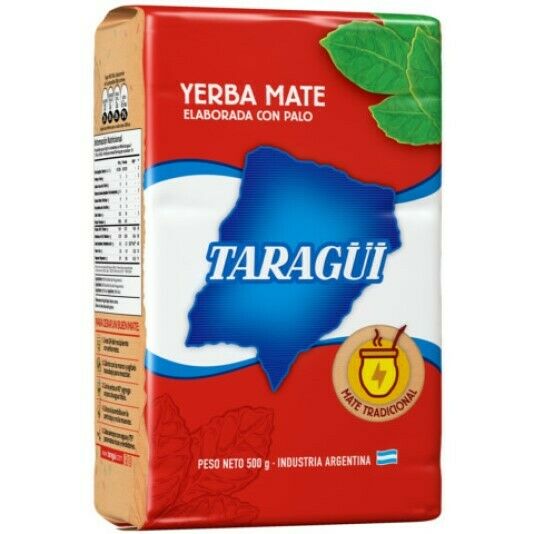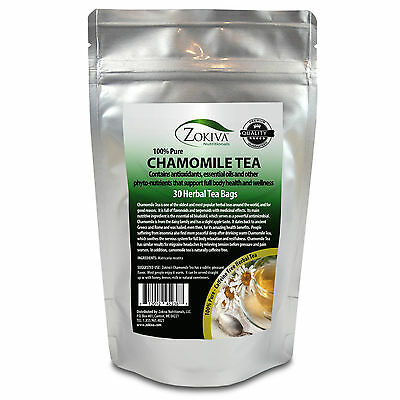-40%
GERMAN CHAMOMILE FLOWERS DRIED ORGANICALLY GROWN EGYPT 1 OZ -16 OZ
$ 3.1
- Description
- Size Guide
Description
There are actually two herbs commonly calledChamomile
:
Roman
(common) chamomile and
German
(Hungarian chamomile, wild chamomile, scented mayweed). Roman chamomile (Chamaemelum nobile, Anthemis nobilis) is native in southwestern and northwestern regions of Europe (Spain, France, England) and is scattered around the eastern Mediterranean, the Balkans and Crimea. German chamomile (Matricaria recutita, Chamomilla recutita) is originally native to southeastern and southern Europe. It is one of the most commonly distributed medicinal herbs all over the world, except the tropical and the arctic regions. Both chamomiles are used in traditional herbalism and medicine; however, German chamomile is more frequently preferred for medicinal use.
Recent and on-going research has identified chamomile's specific anti-inflammatory, anti-bacterial, anti-allergenic and sedative properties, validating its long-held reputation. This attention appears to have increased the popularity of the herb and nowadays Chamomile is included as a drug in the pharmacopoeia of 26 countries.
Chamomile has been used for centuries in teas as a mild, relaxing sleep aid, treatment for fevers, colds, stomach ailments, and as an anti-inflammatory, to name only a few therapeutic uses. Extensive scientific research over the past 20 years has confirmed many of the traditional uses for the plant and established pharmacological mechanisms for the plant's therapeutic activity, including antiseptic, antispasmodic, antipyretic, antibacterial, antifungal, and antiallergenic activity. In addition to medicinal use, chamomile enjoys wide usage, especially in Europe and the U.S., as a refreshing beverage tea and as an ingredient in numerous cosmetic and external preparations. Rob McCaleb, President of the Herb Research Foundation in Boulder, Colorado estimates that over one million cups of Chamomile tea are ingested worldwide each day, making it probably the most widely consumed herb tea.
If there are any issues with the order, please contact me to sort out the problem prior to providing feedback.












